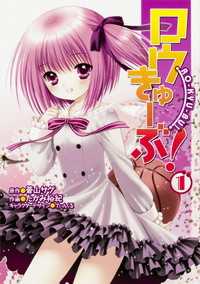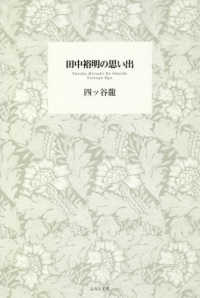- ホーム
- > 洋書
- > ドイツ書
- > Humanities, Arts & Music
- > Religion & Theology
- > christianity
Description
(Text)
In Italy, anti-Protestantism became a significant theme in reactionary polemics during the Risorgimento and the post-unification period of the 19th century. Although it waned around 1900, the anti-Protestant offensive resumed after the First World War. Between the early 1920s and the mid-1950s, the Catholic Church's hostility toward the Protestant presence and mission in Italy developed into a significant social and political phenomenon. It succeeded in influencing both the attitude of the Italian state and the legislation on religious freedom. Reconstructing Catholic anti-Protestantism, Paolo Zanini shows that attitudes toward Protestant denominations were among the elements of continuity between Fascism and the first decade of the post-war Republic.
(Author portrait)
Paolo Zanini teaches Contemporary History at the University of Milan. His main research interests include the Holy See's policy in the Middle East and the Catholic Church's attitude toward Zionism; the issue of religious freedom and Catholic anti-Protestantism; the interreligious and ecumenic dialogue.
-

- 電子書籍
- ロウきゅーぶ! 【タテスク】 Chap…
-

- 和書
- 田中裕明の思い出





